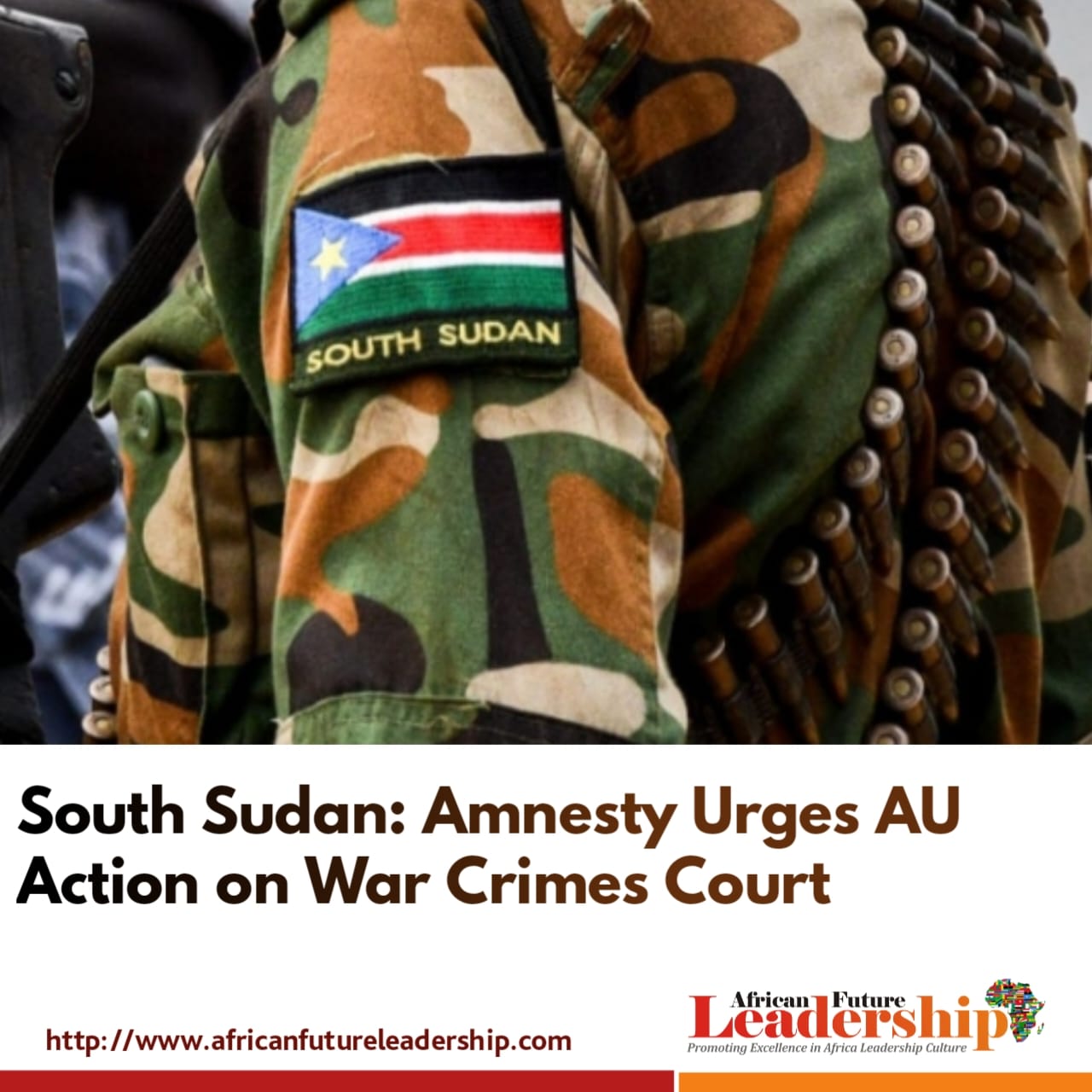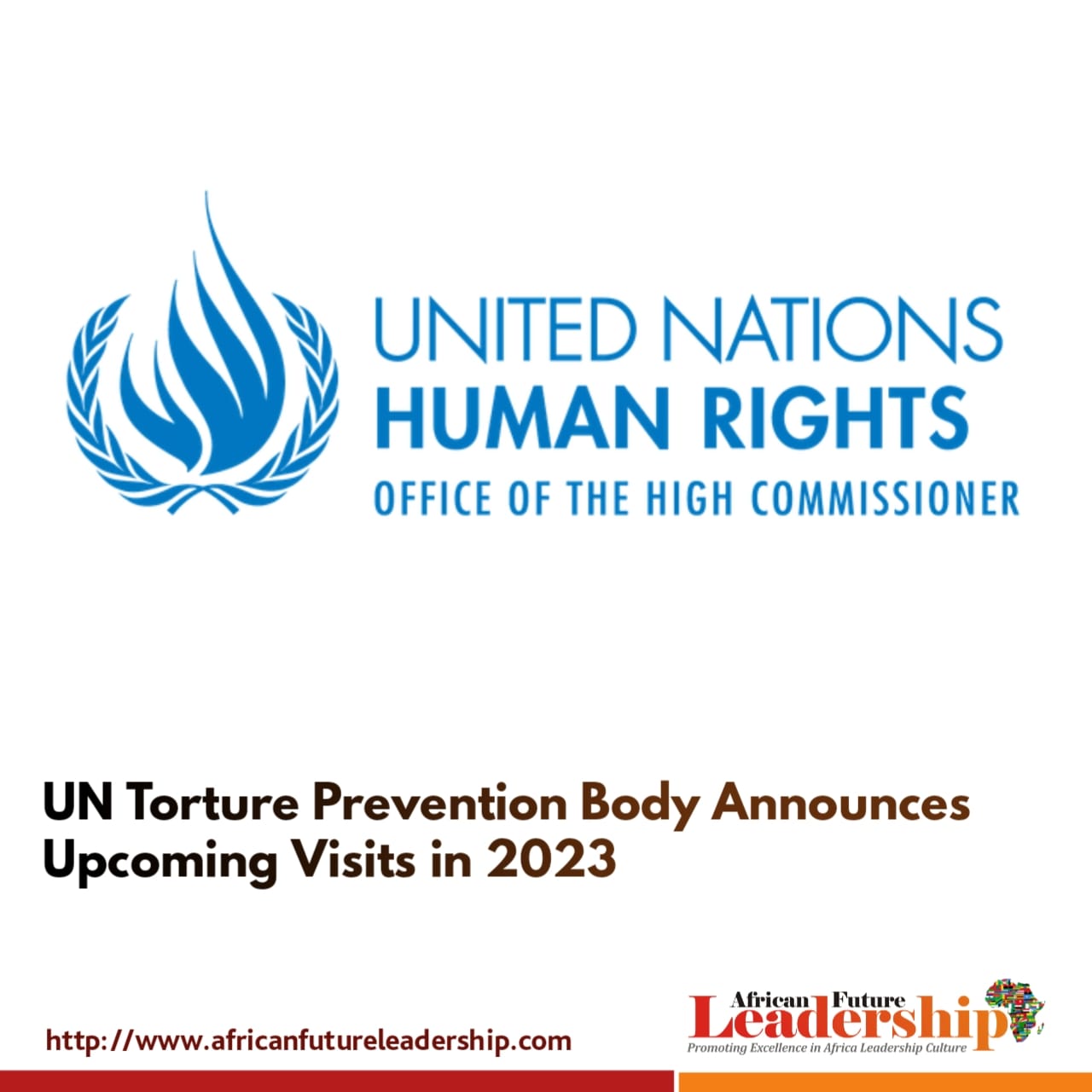Reports reaching us say that Amnesty International, has on Wednesday, urged the African Union to take “long awaited” steps toward creating a promised war crimes tribunal to try atrocities committed during South Sudan’s bloody five-year conflict.
It said that the establishment of an AU-led ‘hybrid court’ to prosecute those responsible for war-time atrocities was first agreed on in a 2015 peace deal, and again in 2018, but never implemented.
But government and rebel forces have been accused of heinous crimes, including gang rape, ethnic massacres and enlisting child soldiers during the civil war that left nearly 400,000 people dead in the world’s youngest nation.
Thus, Amnesty and the South Sudanese Transitional Justice Working Group, a coalition of civil society and faith-based groups, say the AU must empower a court to investigate “the most serious crimes on the continent”.
As such, “The formation of this court should not have been delayed for so long. The AU must take [this] long-awaited and bold action,” Muleya Mwananyanda, Amnesty’s director for East and Southern Africa, says in a statement.
According to him, “The failure to establish the hybrid court reflects a lack of political will in South Sudan’s government to hold those most responsible for serious crimes, which are likely to include senior political and military officials, to account.”
READ MORE: More Nigerians Seeking UK Visas, British High Commissioner Says
Hence, the establishment of a court would show that the AU stands with survivors and victims of crimes for which impunity cannot be tolerated
Imperatively, two years after separating from Sudan in 2011, oil-rich South Sudan plunged into war after President Salva Kiir accused his then-deputy Riek Machar of plotting a coup.
Sadly, the conflict that followed was marked by ethnic violence on a brutal scale, as battles erupted between two factions: Machar’s Nuer community and Kiir’s Dinka tribe.
Recently, UN investigators warned that ethnic cleansing may have occurred in South Sudan, where rape and starvation were used as weapons of war, and civilians were murdered in the gruesome attacks.
It was revealed that Kiir formed a power-sharing government with Machar in 2020, after signing a peace deal, and recommitting to have the horrific abuses tried in a special court administered with the AU.
In any case, the government has been accused of trying to block such a tribunal, and deliberately frustrating efforts to bring those responsible for possible war crimes to justice.
In the meantime, James Ninrew, the chair of the Transitional Justice Working Group, says that given its unwillingness to pursue perpetrators, the AU should not place the court in South Sudan, but elsewhere in Africa, and must ensure its judicial independence.
The view was also shared that the establishment of a court would “show that the AU stands with survivors and victims of crimes for which impunity cannot be tolerated”, said Mwananyanda.
Consequently, the AU Peace and Security Council, the bloc’s foremost conflict resolution body, is scheduled to convene on the matter on 30 November.




